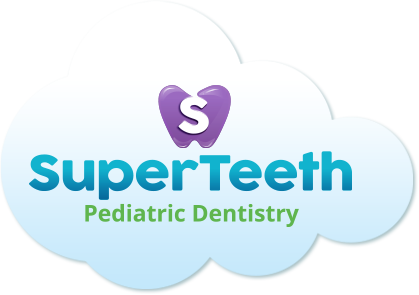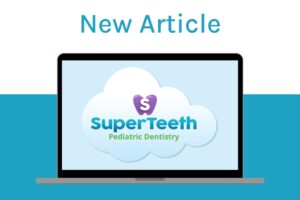
At Superteeth Pediatric Dentistry, we understand that many parents are concerned about the impact of medications on their child’s oral health. According to the Centers for Disease Control and Prevention (CDC), around 20% of children regularly take prescription medications. With the rising number of children on medication, it’s important to recognize that some medicines can influence dental health. By keeping us informed about any medications your child is taking during their regular visits, we can tailor our treatment plans to better support their oral health.
How Medications Can Impact Your Child’s Oral Health
Here are five key ways medications may affect your child’s mouth:
1. Dry Mouth
One of the most common side effects of medications is dry mouth, or xerostomia, which results from reduced saliva production. Saliva plays a crucial role in maintaining oral health, as it helps neutralize acids that can harm tooth enamel. A dry mouth can significantly increase the risk of tooth decay, especially in young children. If you notice your child experiencing dry mouth, it’s important to discuss this with us so we can provide guidance on managing this condition.
2. Gum Enlargement
Certain medications can cause gum tissue to enlarge or become inflamed. This condition, known as gingival hyperplasia, may require extra care to maintain healthy gums. At Superteeth Pediatric Dentistry, our team can offer specific care instructions and strategies to help your child keep their gums healthy and free from inflammation.
3. Tooth Decay
While most medications don’t directly cause tooth decay, many liquid medications are flavored with sugar to make them more appealing to children. Over time, these sugars can feed decay-causing bacteria, leading to cavities. Whenever possible, opt for sugar-free versions of medications. Encourage your child to take their medication with a meal or drink to help wash away any sugary residues.
4. Gum Bleeding
Some medications can affect blood clotting, which may lead to increased bleeding from the gums, particularly during dental treatments or if your child is losing a tooth. It’s essential to inform us about any medications your child is taking before scheduling any procedures. This information allows us to ensure your child receives the best possible care.
5. Soft Tissue Reactions
In some cases, medications can cause inflammation, discoloration, or sores in the mouth. If your child experiences any of these symptoms, please contact us right away. We can work with you to develop a customized oral hygiene plan that addresses these side effects effectively.
Conclusion
Keeping our team informed about your child’s medications is vital for maintaining their oral health. It helps us make informed recommendations and ensures we can provide optimal care. If you notice any changes in your child’s oral health or have questions about their medications, don’t hesitate to reach out. At Superteeth Pediatric Dentistry, we are dedicated to helping your child establish lifelong healthy habits. Contact our pediatric dental office today to schedule an appointment or discuss your concerns!





